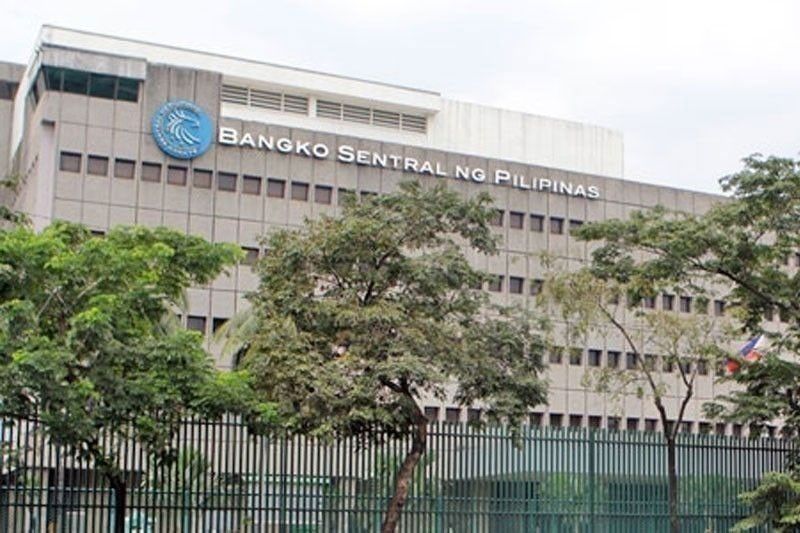BSP remains unfazed by surge in bad loans

MANILA, Philippines — The Bangko Sentral ng Pilipinas (BSP) is not alarmed by the steady rise in banks’ bad loans, saying the local banking industry is well prepared for the rise in soured debts amid the coronavirus pandemic.
In an interview on ABS-CBN News Channel, BSP Governor Benjamin Diokno said the regulator already anticipated that the non-performing loan (NPL) ratio of Philippine banks would rise to 4.6 percent by the end of the year from about 2.2 percent in end- March.
“That’s not really bad news because as early as the second quarter, we already anticipated that the non-performing loans would increase. So that is still within the band,” Diokno said.
Preliminary data from the BSP showed the gross NPL ratio of the industry increased for the ninth straight month to hit a seven-year high of 3.4 percent in September from 2.84 percent in August due to the impact of the pandemic.
This was the highest since the 3.41 percent recorded by Philippine banks in July 2013.
“We continue to monitor the developments in the banking sector. There is a risk aversion on their part, which means there is a lot of loan provisioning to protect.Maybe they are anticipating some bad loans. But we’re still within our manageable range,” the BSP chief said.
Based on BSP data, the gross NPLs of the banking industry surged by 60.2 percent to P364.67 billion as of end-September from P227.6 billion a year ago, while the sector’s total loan book rose by 1.6 percent P10.73 trillion from P10.56 trillion.
NPLs or bad debts refer to past due loan accounts where the principal or interest is unpaid for 30 days or more after due date.
Restructured loans almost tripled to P125.46 billion as of end-September from P42.2 billion last year for a restructured loan ratio of 1.17 percent.
Likewise, past due loans – referring to all types of loans left unsettled beyond payment date – jumped by 66.3 percent to P511.38 billion from P307.47 billion, for a past due ratio of 4.77 percent.
- Latest
- Trending




























